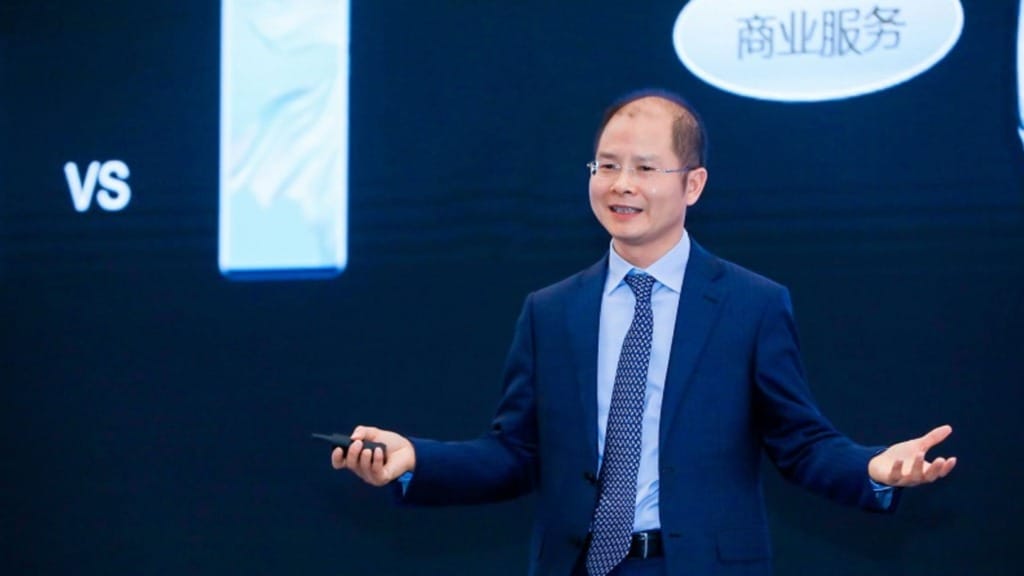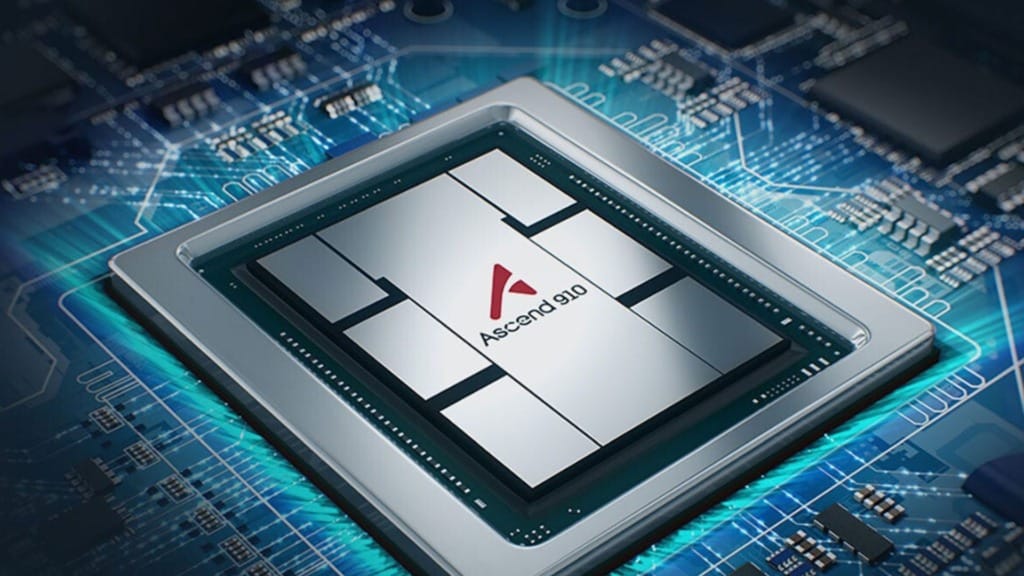Huawei to accelerate AI development across industries despite US tech sanctions
Huawei accelerates AI development across industries, overcoming US sanctions through cloud services and AI chips, pushing for wide-scale adoption.

Huawei Technologies is pushing forward with plans to speed up the creation of a robust artificial intelligence (AI) ecosystem, aiming to bring AI into more businesses across various sectors. This strategic move comes in the face of ongoing US technology sanctions. Deputy chairman Eric Xu Zhijun outlined the company’s goals during his keynote speech at the Huawei Connect 2024 event opening in Shanghai, which runs from Thursday to Saturday.
Table Of Content
“Huawei has years of experience in its intelligent transformation, and we’ve helped numerous industries in their journey toward intelligence,” Xu stated. The 57-year-old will complete his six-month stint as Huawei’s rotating chairman on September 30.

Looking ahead, Xu announced that over the next five years, Huawei will ramp up investments in developing an AI ecosystem in collaboration with its partners. This aligns with the company’s “All Intelligence” strategy, which seeks to make AI accessible to all, including individuals, households, and organisations.
Huawei’s AI ecosystem strategy
This focus on building an AI ecosystem marks Huawei’s effort to diversify its revenue streams and expand its base of enterprise customers. The demand for AI solutions continues to rise across various traditional industries, making AI a key driver of business growth. Despite ongoing US restrictions that hinder China’s ability to acquire advanced semiconductors, which are crucial for training AI systems, Huawei has taken significant steps to navigate this challenge.
In his speech, Xu addressed the impact of US sanctions, acknowledging that restrictions on Chinese AI chips are unlikely to ease anytime soon. However, Huawei has used this as an opportunity to develop alternative solutions. Over the past five years, the company has built two major computing businesses that meet enterprises’ AI infrastructure needs. Through its cloud services, Huawei can offer computing resources to businesses, bypassing the limitations imposed by sanctions.
Chip & Hardware Strategist, #Huawei Fellow Ai Wei discussed how working with partners is critical to driving the #Kunpeng computing industry to the forefront of the digital future at the Huawei Developer Conference. Find out more: https://t.co/7BAPqhva8G #HDC2020
— Huawei (@Huawei) March 27, 2020
The Kunpeng service, designed for general-purpose computing, has gained widespread adoption across different industries. Huawei’s Ascend service, aimed specifically at AI computing, provides tools to accelerate the development of AI models and applications, making it easier for businesses to adopt AI.
Cloud computing plays a central role in Huawei’s strategy. It allows companies to access and manage software and other resources on-demand over the Internet. These resources are housed in data centres, enabling flexible, scalable solutions for businesses looking to integrate AI into their operations.
Cloud services and AI solutions
Huawei’s cloud computing division has been one of its strongest growth drivers. According to research firm Canalys, Huawei is now China’s second-largest cloud service provider, following Alibaba’s cloud unit. In 2023, Huawei’s cloud revenue rose 21.9% year-on-year, reaching 55.29 billion yuan (US$7.6 billion).
“Cloud services are ideal for companies wanting to integrate AI into their operations,” Xu explained. “With our Ascend and AI model services, we aim to give businesses access to on-demand AI computing power, enabling faster and more efficient model training and real-time decision-making.”
At the Huawei Connect event, the company announced several other initiatives. These included upgrading its entire AI stack for various industries, collaborating with China Mobile to enhance network operations through autonomous driving networks, and developing autonomous driving solutions for vehicles. Huawei also promoted its commitment to “AI for good,” encouraging the responsible and beneficial use of AI technologies.
Competing with Nvidia and AMD

Huawei has also been developing its advanced AI chips, such as the Ascend 910B, as an alternative to Nvidia and Advanced Micro Devices (AMD) processors. These chips are designed to support Chinese businesses in building AI models and applications. The Ascend 910B chip has shown promising results, delivering about 80% of the efficiency of Nvidia’s A100 graphics processing unit in tests involving large language models, according to Wang Tao, chief operating officer at the Jiangsu Kunpeng Ecosystem Innovation Centre.
This innovation has helped Huawei advance in the AI space despite the limitations imposed by US sanctions. The Jiangsu Kunpeng Centre continues to play a key role in attracting third-party developers and businesses to join Huawei’s AI development efforts.
As Huawei continues strengthening its AI ecosystem, it remains committed to driving AI adoption across industries, ensuring businesses have the tools to stay competitive in an increasingly digital world.
















